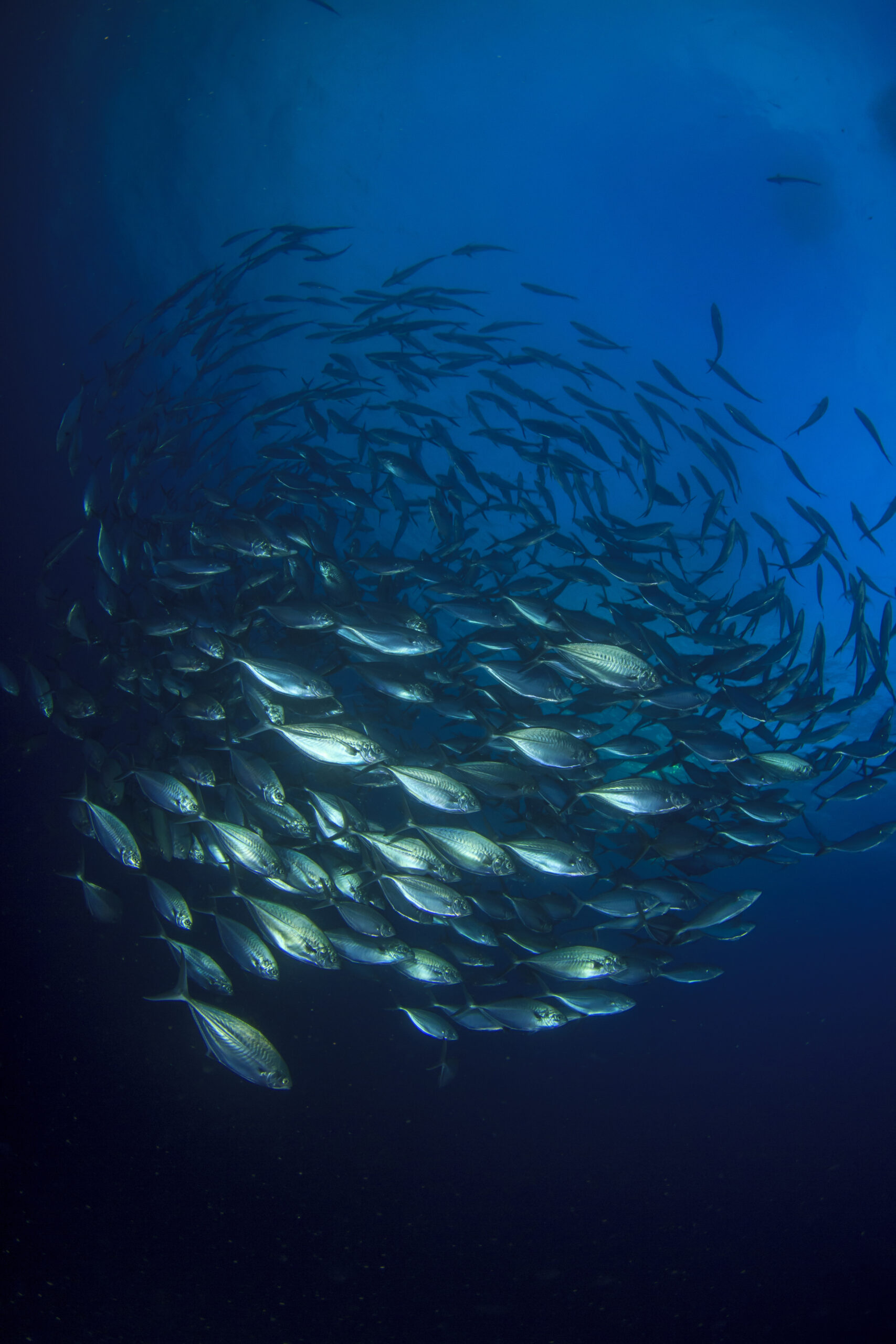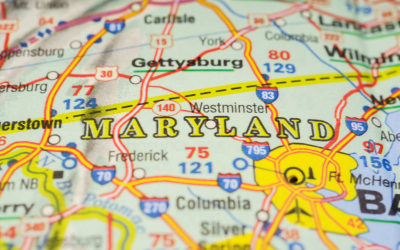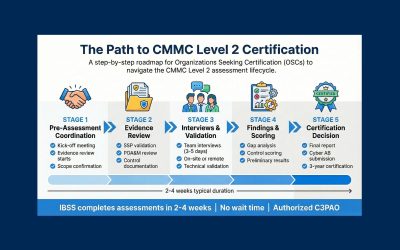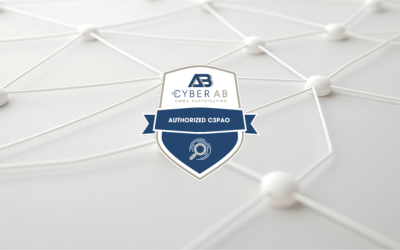By Lisa Tagal
An aquaculture literacy collaboration.
On Friday, March 22, 2024, two of our IBSS staff presented an aquaculture literacy event at Bonney Lake High School with Chef/Teacher Kahale Ahina and the students in Culinary Arts and Marine Biology classes. This presentation was a full-day affair with six 60-minute classes from 7:25 a.m. to 2:20 p.m. The topic was called “Tide to Table – Farm to Food. The Merroir of Seafood. Connecting seafood consumers with ocean farming producers.” The good news is that it was a huge success!
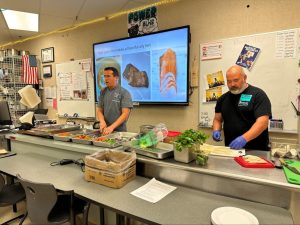 The first-period Culinary Arts 1 is the advanced class and has the highest number of students considering a cooking career. The only marine biology class joined in for the first-period presentation, making a slightly packed kitchen space but included some incredible aquaculture-focused questions. The presentation started with a quick slide presentation about sablefish farming, why it tastes good, and how relationships between producers and chefs benefit both parties. This was a brief introduction to the term Merroir and its meaning, which is about how the environment makes a difference in the flavor of your ocean-farmed products. It is similar to Terroir in that the combination of factors, including soil, weather, and sunlight, gives wine grapes their distinctive character. From the French, Ter means earth, and Mer is ocean.
The first-period Culinary Arts 1 is the advanced class and has the highest number of students considering a cooking career. The only marine biology class joined in for the first-period presentation, making a slightly packed kitchen space but included some incredible aquaculture-focused questions. The presentation started with a quick slide presentation about sablefish farming, why it tastes good, and how relationships between producers and chefs benefit both parties. This was a brief introduction to the term Merroir and its meaning, which is about how the environment makes a difference in the flavor of your ocean-farmed products. It is similar to Terroir in that the combination of factors, including soil, weather, and sunlight, gives wine grapes their distinctive character. From the French, Ter means earth, and Mer is ocean.
Chef Ahina created a unique recipe for the class that required more advanced knife skills and cooking techniques. If you already read our article and recipe for Miso Glazed Black Cod and liked it, you can thank Chef Ahina for the recipe. The Sablefish/Black cod was generously donated by Stephen Pinna, Manager of the Joint Sablefish Growout Project with the Jamestown S’Klallam Tribe. Jamestown Seafood is the retail/wholesale operation for the Tribe’s aquacultured/farm-raised seafood, which also includes ocean-farmed oysters. It is locally known that the Jamestown S’Klallam Tribe dates back over 10,000 years, with their early survival dependent on the abundance of seafood in Sequim Bay (a Native American name pronounced SKWIM) and the entire Olympic Peninsula in Washington State. A favorite phrase from Jamestown Seafood is, “It is easy to say that Jamestown Seafood knows a thing or two about seafood.” The quote is from the landing page of the Jamestown Seafood website. The second to sixth-period classes made a Starry Flounder Ceviche recipe, also featured in our IBSS “In Search of the Perfect Bite” series, instead of the Sablefish. The curriculum introduces the students to ocean-farmed types of seafood and how the subtle differences in how they are grown, the merroir, can influence the overall flavors. Chef Ahina and IBSS’ Senior Aquaculturist, Mark Tagal, did a cooking demonstration after a short lecture on the locally raised Starry Flounder in the recipe. Chef Ahina assisted with hands-on training by incorporating the seafood donated by industry partners. The ceviche was bright tasting with an eye-catching presentation, and students who came into the class not liking “raw” fish left saying how much they enjoyed this dish. That was the goal of the entire day! 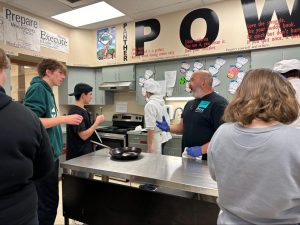
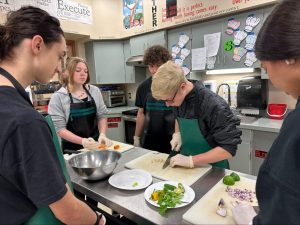 As Americans increasingly turn to seafood as a dietary staple, the role of aquaculture in meeting this demand continues to grow. However, despite its importance, aquaculture still faces challenges in public perception, particularly in regions like Washington. At IBSS, we’re committed to reshaping these perceptions through education and exploration. This recently developed curriculum focuses on the intricate process of ocean-farmed seafood production, highlighting how factors such as farming methods and location influence the unique qualities of seafood known as Merroir. From the temperature of seawater to the feed provided, every aspect contributes to the distinct taste and texture of fish and shellfish. Through engaging educational experiences, the goal is to inform students, chefs, and consumers about the origins of their seafood and empower them to make informed choices. We believe that through interactive sessions where they can learn about traditional and contemporary shellfish/seafood farming techniques, witness and taste aquacultured products, and learn more about the rich history of aquaculture, they will be able to make better decisions as shoppers, potential chefs or restaurant owners, and help to promote a deeper understanding of how farming methods shape the culinary experience. The aim of fostering partnerships between chefs and aquaculture producers is to promote aquaculture literacy and dispel ocean-farmed seafood misconceptions. By expanding the narrative and highlighting the benefits of responsible farming practices, we can enhance the seafood experience for consumers, culinary professionals, and producers alike. Join us in exploring the merroir of ocean-farmed seafood and discovering the delicious possibilities it offers.
As Americans increasingly turn to seafood as a dietary staple, the role of aquaculture in meeting this demand continues to grow. However, despite its importance, aquaculture still faces challenges in public perception, particularly in regions like Washington. At IBSS, we’re committed to reshaping these perceptions through education and exploration. This recently developed curriculum focuses on the intricate process of ocean-farmed seafood production, highlighting how factors such as farming methods and location influence the unique qualities of seafood known as Merroir. From the temperature of seawater to the feed provided, every aspect contributes to the distinct taste and texture of fish and shellfish. Through engaging educational experiences, the goal is to inform students, chefs, and consumers about the origins of their seafood and empower them to make informed choices. We believe that through interactive sessions where they can learn about traditional and contemporary shellfish/seafood farming techniques, witness and taste aquacultured products, and learn more about the rich history of aquaculture, they will be able to make better decisions as shoppers, potential chefs or restaurant owners, and help to promote a deeper understanding of how farming methods shape the culinary experience. The aim of fostering partnerships between chefs and aquaculture producers is to promote aquaculture literacy and dispel ocean-farmed seafood misconceptions. By expanding the narrative and highlighting the benefits of responsible farming practices, we can enhance the seafood experience for consumers, culinary professionals, and producers alike. Join us in exploring the merroir of ocean-farmed seafood and discovering the delicious possibilities it offers.
